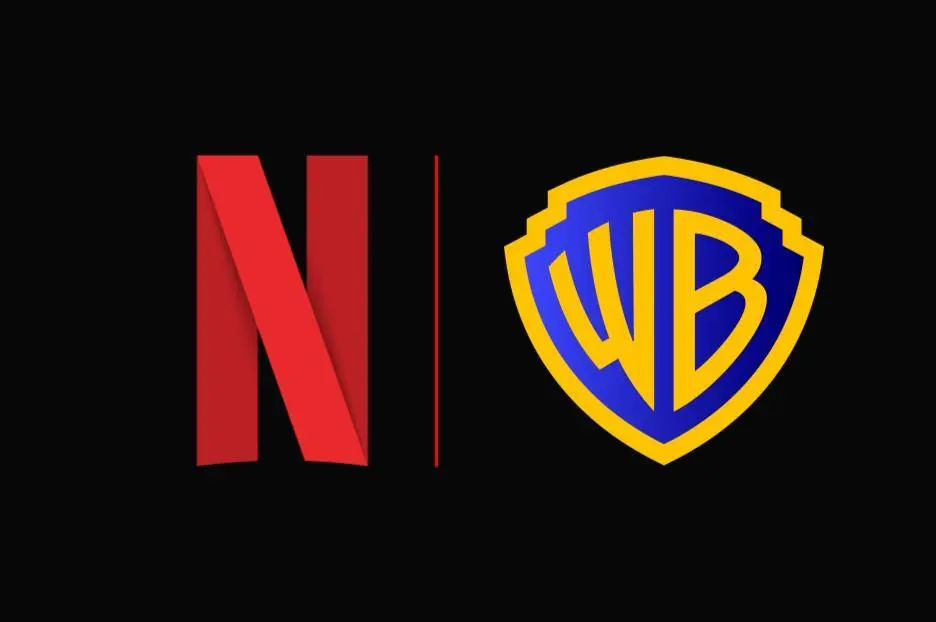Interview with Bedros Keuilian: The Fitness King Who Built an Empire From the Ground Up

May 25 | 2017

Meet Bedros Keuilian.
He’s a best-selling author, business coach, and Founder and CEO of one of the nation’s fastest-growing fitness franchises, Fit Body Boot Camp. Fleeing a communist nation as a child, Keuilian started a difficult life in America where his family struggled to put healthy food on the table. But his is more than a typical rags-to-riches story. Keuilian’s is a school of trial-and-error, and his aim is to knock out all the misconceptions about starting a business and get up-and-coming entrepreneurs headed in the right direction with the right tools.
Paypath got the chance to chat with Keuilian about how he trained both his physical and entrepreneurial muscles to get where he is today.
What was it like starting out as an entrepreneur?
When we came to America from Armenia in 1980, I was only 6 years old. We didn’t have the best start living in the United States. It was a pretty tough upbringing, but my dad was always grateful for the fact that we were in a great country. He kept saying, “Hey guys, we’re in a country where you can achieve anything, as long as you pay it forward and you’re in service of people.” Early on in my life, I started to grasp the concept that the more people I served and helped, the more successful I would be.
As I grew up, my mom and dad always bought the cheapest, unhealthiest foods, so in high school I was overweight, with low confidence and low self-esteem. I remember thinking back going, “This wasn’t the dream my dad had for us when we escaped a communist country to come to the United States.”
The summer before senior year, I was hellbent on going to prom the next year. I was going to work out all summer, read every muscle magazine and learn everything about nutrition and fat-burning so that I could get in shape. I came back senior year having lost 35 pounds, but never made it to the prom. Though the way my body changed caused a complete and utter transformation.
I was so infatuated by the fact that you could work out and lose weight, and it has this amazing positive effect on so many other parts of life, that once I graduated high school, I realized that this is what I wanted to do for a living. And like everyone else who wants to be a personal trainer, I became a trainer in a big box gym first. That didn’t last long. Before I knew it, I was the guy re-racking people’s weights after they were done working out. That’s not what I had signed up for.
Luckily, one of my personal training clients, Jim Franco, was a successful entrepreneur. After each one of our workouts, I picked his brain to learn about entrepreneurship, business, and marketing. Within a few years, he gave me enough confidence and insight—he was my first business mentor—and also loaned me a small amount of money to open up a 2,000 square foot personal training studio. From there, it was just grow grow grow. Here we are today, almost 17 years later, one of the fastest-growing fitness franchises on the planet. We’re on 4 continents, 9 countries, and I’m just forever grateful for the mentorship of Jim Franco.
How did your fitness knowledge inform your business philosophy?
One thing we know about fitness is, you can’t stop when your muscles start burning. You have to keep pushing yourself through the burn and get to the repetition that you had meant to reach. I realized then that business is a lot like working out. Whenever we go to the gym, we put our bodies against adversity. We lift heavier weights, we do more squats and sprints, and we run faster. But most people in business quit when things get a little tough.
I realized that it’s no different building your entrepreneurial muscles or physical muscles; you have to go up against adversity everyday, deal with the challenges, and then you will grow as a businessman or a businesswoman.
How did you perfect your business model?
Oftentimes, when a great business idea is developed, it’s usually because the original business idea had flaws in it. In this case, it’s no different. You really can’t make a lot of money and impact if you’re training people one-on-one. In addition to that, one-on-one personal training is expensive. I found all these problems with the fitness industry because I was experiencing the problems myself. I was getting burnt out training people, I was frustrated when I kept hearing no from prospective clients because it was too expensive. I said, “How can I leverage my time and make the program more affordable so that more people can join it, so I can make a bigger impact and hear no less often?”
The structure that I created was the “4 Station Rotation.” When you walk into any Fit Body Boot Camp location worldwide, we might have a station that has 5 sets of kettlebells, a station that has 5 sets of suspension straps, and a station that has 5 sets of battle ropes and a station that has 5 sets of elastic resistance bands. Now we can train 5 people per station and get 20 to 30 people in there at a time. We have great music, the coaches can modify the workouts as needed, and now instead of charging $400 per month, we charge under $200 per month.
How would you describe what you do as a business coach?
If you wanted to start a business, you could just go to YouTube and type in “how to start a business.” The how-to part of a business already exists. That’s not what I do. What I do is we quickly find out someone’s self-limiting behaviors that we can help overcome. We spend a lot of time working on mindset, breaking through self-limiting behaviors, and overcoming doubts. Once you can do that, you can help anyone become successful in business, relationships, health, personal finance. Thankfully, my personal training background of helping people break their mental barriers is just as effective as helping our businesses break those same barriers.
What are the characteristics of a healthy business?
The characteristics of a healthy business include being known around town. Through Facebook, Instagram and YouTube, every local business should be known. We always want to build a know, like and trust factor. What you’re basically looking for is Facebook reviews, Google reviews, Yelp reviews. If you’re missing the know, like, and trust factor, or one of those, then you’re destined for failure.
What are some common mistakes that people make when starting a business?
They think that by building a better mousetrap, the audience will come. It’s no longer, “build it and they will come.” It’s, “build it, market the hell out of it, sell the hell out of it, and then they will come.” Also, many entrepreneurs overestimate what they can achieve in 1 year and underestimate what they can achieve in 5 years. It’s not a linear growth when you’re an entrepreneur.
What would you say has been your greatest learning experience so far?
My greatest learning experience throughout all of this has been that there is more than enough clients to go around. I think too many entrepreneurs live in this state of scarcity-mindedness where they feel that the pie is never big enough. Our job as entrepreneurs is to make sure we’re staying in front of those prospects and leads, and the best way to do that is through social media, by adding value to the community we serve first, and then attempting to make the sale.
What advice would you give to a budding entrepreneur?
Be prepared for the suck factor. It’s going to suck when you come up with the idea, try and trademark the name, and find somebody else already has the trademark. It’s going to suck when you’re trying to find a location and the landlord doesn’t want you there. It’s going to suck when you find a location and the city won’t issue you a permit. It’s going to suck when you start marketing and people start complaining that you market too aggressively. It’s going to suck, suck, suck. But the greatest thing about being an entrepreneur is that if you are willing to deal with the suck factor and know that each time when things suck, that’s just more resistance, more adversity against your entrepreneurial muscles, then you will be successful.










